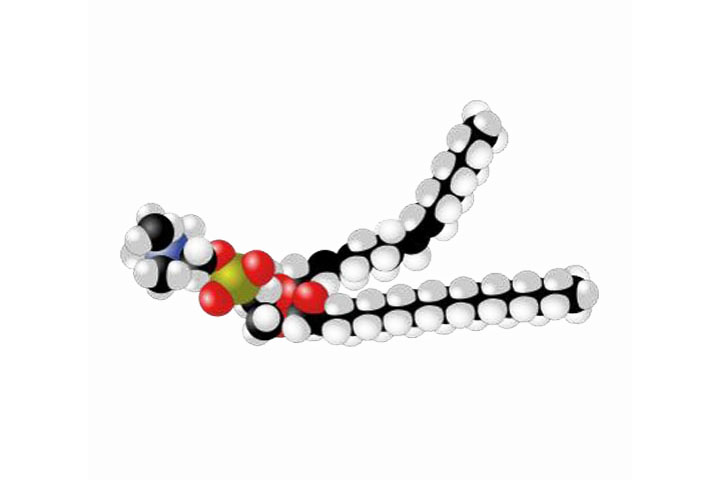Lecithins are a mixture of lipids which contain minimum of 50% polar lipids. These polar lipids (phospholipids) are the active ingredients of lecithin and impart to it the properties which make it suitable for use. Phospholipids are lipids containing phosphorus, a polar head and nonpolar tails. They are essential lipids of biological membranes. Based on their amphiphilic character, phospholipids are used as emulsifiers, wetting agents, solubilizers & liposomes due to their property of self assembly. Phospholipids play functional roles in various health segments.
Understanding
Phospholipids
- Cells are surrounded by a bilayer of polar lipids called ‘Phospholipids’.
- They are most essential lipids of all biological membranes.
- Classified by US FDA as Generally Regarded as Safe (GRAS), natural (non chemical) origin.
- Diverse applications.
Biochemical Significance
- Play an important role for signal transduction cascades in nerve cells.
- High propensity as drug carriers and excellent biocompatibility.
- Used for therapeutic agents who have poor bioavailability, rapid clearance and toxic effects.
- Phospholipid based drug delivery systems have proved to be more efficient and provide appropriate systemic effect.
- They act as surface-active wetting agents in pleura and alveoli of lung, pericardium, joints etc.
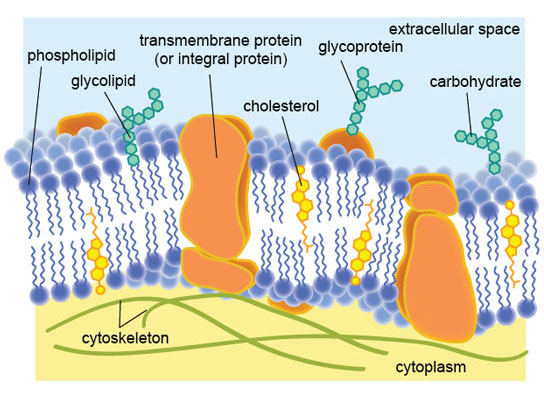
Toxic Effects
- Classified by US FDA as Generally Regarded as Safe (GRAS) at all concentrations.
- Natural (non chemical) origin.
- Non Genetically Modified (non-GMO) and non-allergen grades available.
- Phospholipid based drug delivery systems have proved to be more efficient and provide appropriate systemic effect.
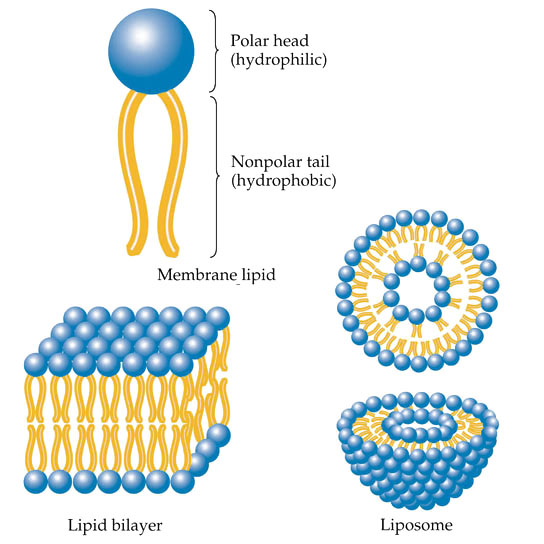
Physiological Properties
- They assemble the circulating lipoproteins, which mainly transport lipophilic triglycerides and cholesterols through blood.
- Together with cholesterols and bile acids form mixed micelles to enhance absorption of fat soluble substances in gallbladder.
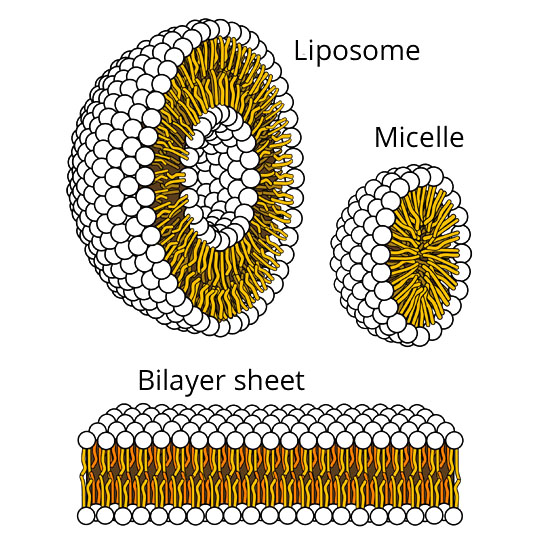
Aid in Formulation Development
- Emerging platform for drug delivery due to their amphiphilic character.
- Facilitate the absorption of drugs
- Improves the bioavailability of drugs
- Ideal for drugs with poor solubility and permeability (BCS class III, IV)
- Improves the physical characteristics resulting into more convenient and effective functionalized product for the consumer.
- Reduces toxic effects of drugs
- Classified by US FDA as Generally Regarded as Safe (GRAS) at all concentrations.
- Natural (non chemical) origin.
- Non Genetically Modified (non-GMO) and non-allergen grades available.
- Phospholipid based drug delivery systems have proved to be more efficient and provide appropriate systemic effect.
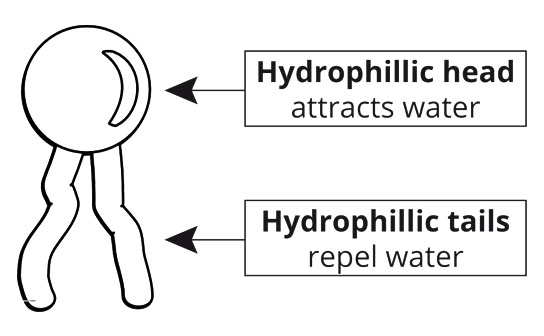
Routes of Administration
- Oral
- Pulmonary
- Topical
- Rectal
- Parental

